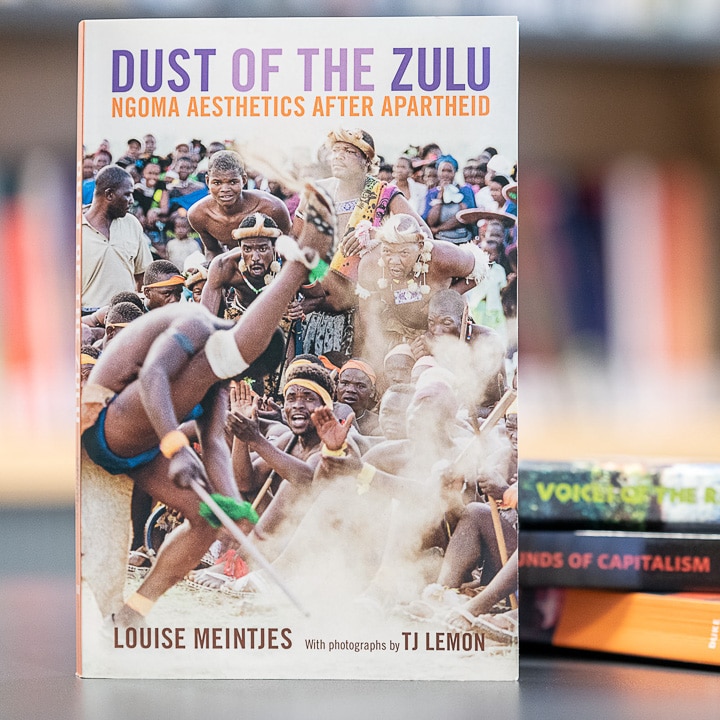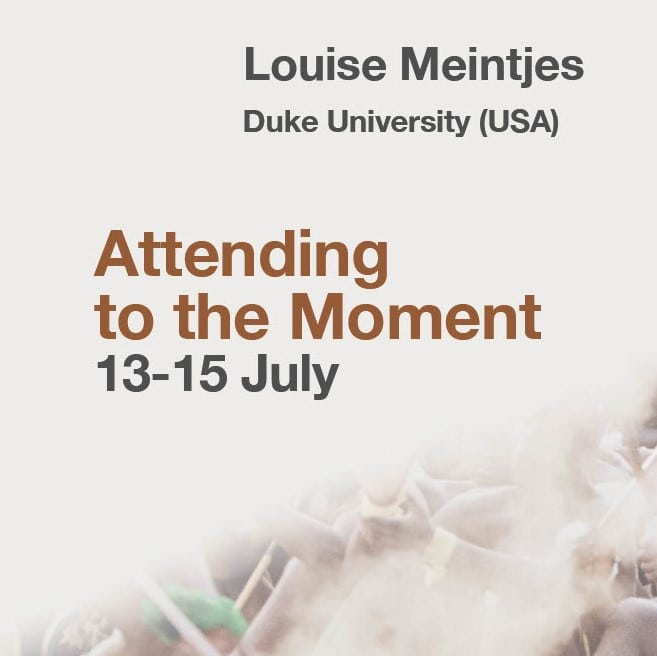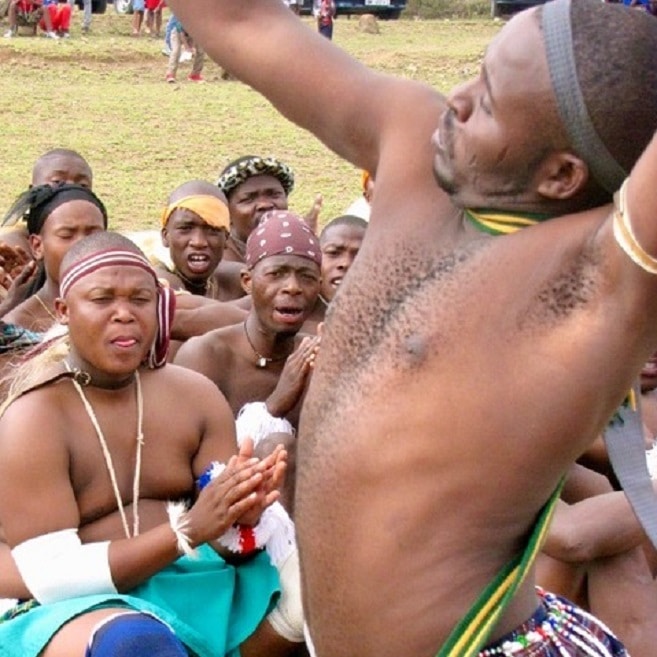An ethical analysis of sound, Prof. Louise Meintjes

The relationship between aesthetics and politics, art and activism and even performance, oppression and violence is an issue that Ethnomusicology and Anthropology have been concerned with for quite a while now. With the increasing tendency towards crisis in contemporary society, however, the question of how the process of gaining anthropological knowledge is shaped within such tensional and conflicting fields is becoming ever more important. Louise Meintjes’ approach to these questions is grounded in what she calls an ethical analysis of sound. In the Anthropology of Music Lecture Series, she will explore the question of how to understand the complex entanglements of political and aesthetic arenas by attending to the moment and making it resonate in ethnographic description.

The “Master”
Louise Meintjes is Professor of Music and Cultural Anthropology at the Trinity College of Arts and Sciences, Duke University (Durham, USA). A distinguished musicologist and anthropologist, Louise Meintjes’ evocative writing and thinking revolves around the question of how music and the world relate to and act upon each other. For her book Dust of the Zulu: Ngoma Aesthetics after Apartheid (Duke University Press, 2017), she co-won the Society for Ethnomusicology’s (SEM) Alan Merriam Prize for the most distinguished English-language monograph published in the field of ethnomusicology in 2018. Further important publications include the book Sound of Africa!: Making Music Zulu in a South African Studio, or the articles The Recording Studio as Fetish (in J. Sterne, The Sound Studies Reader) and Soundscapes: Toward a sounded anthropology (Annual Review of Anthropology, with D. W. Samuels, A. M. Ochoa, and T. Porcello).
For more information, please check out Louise Meintjes’ Website.



1 Comment
Thanks!